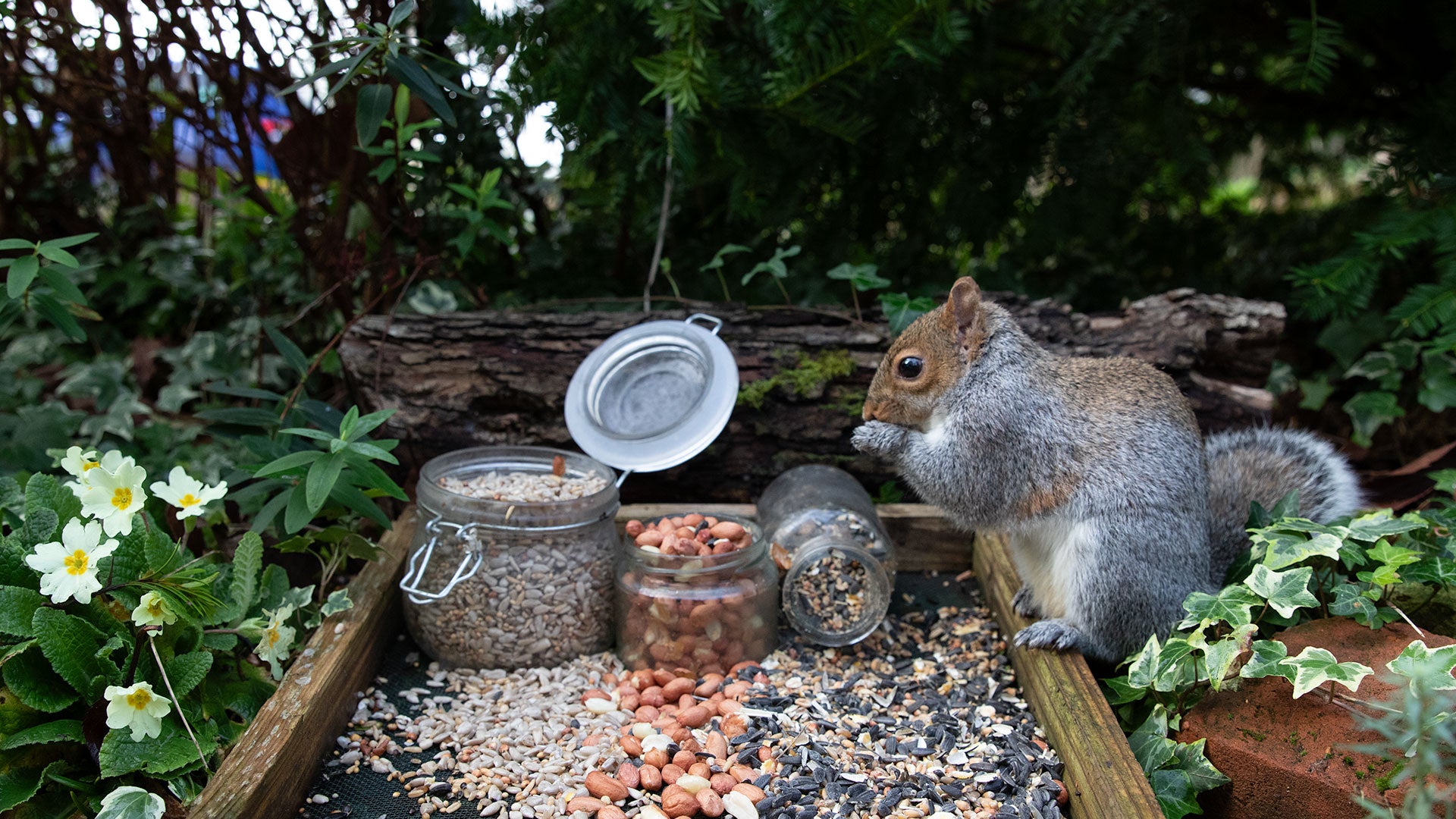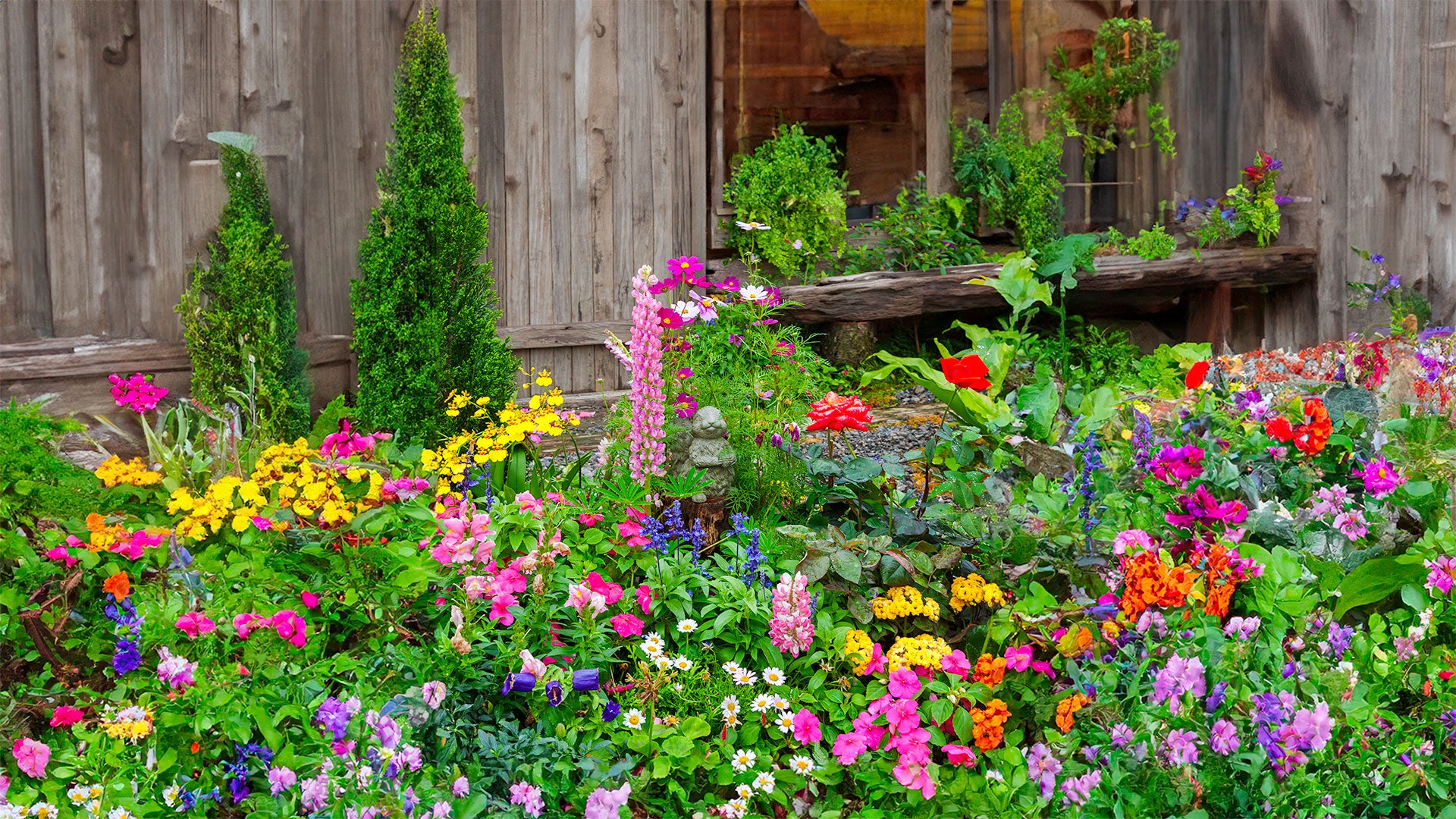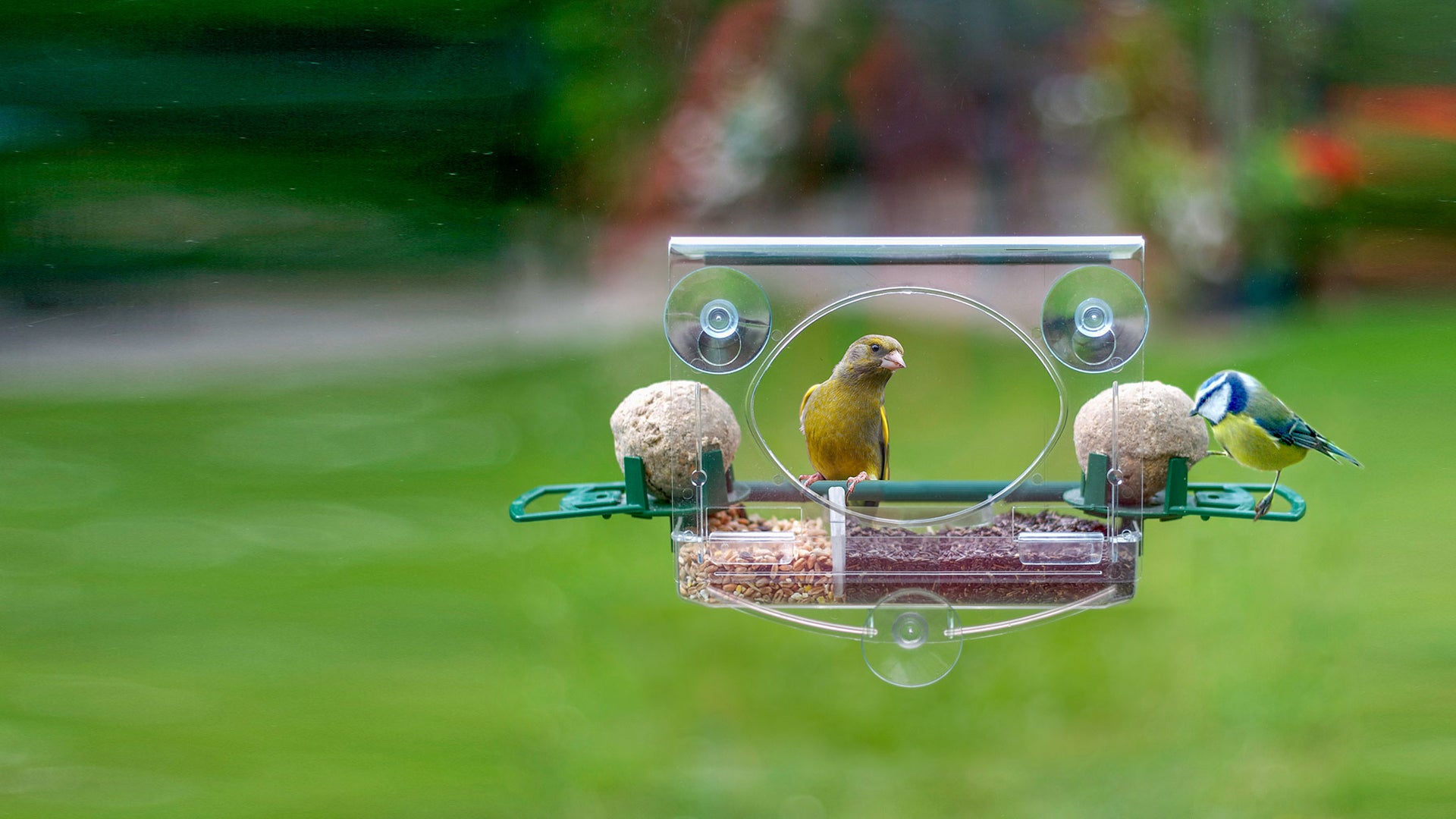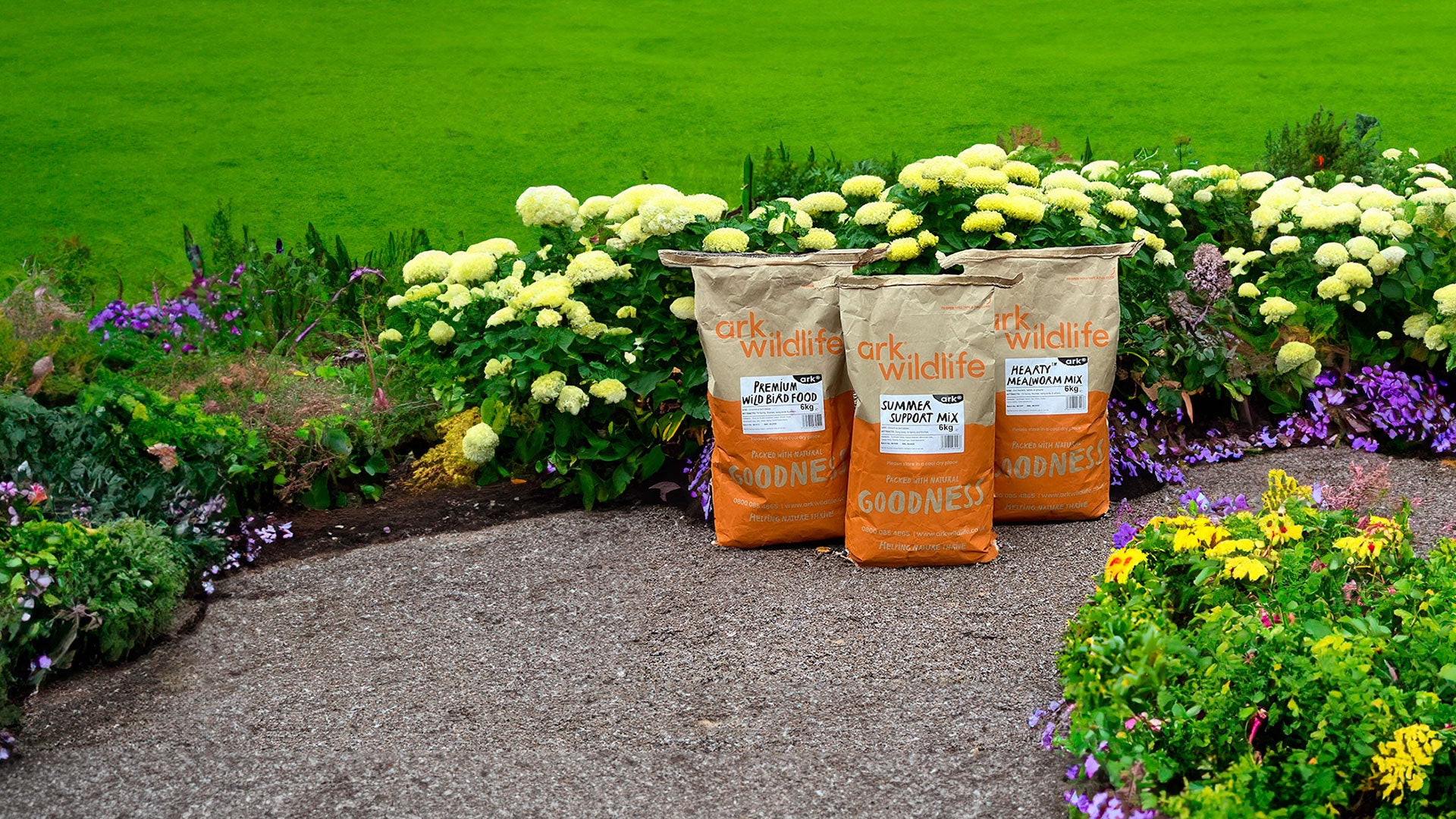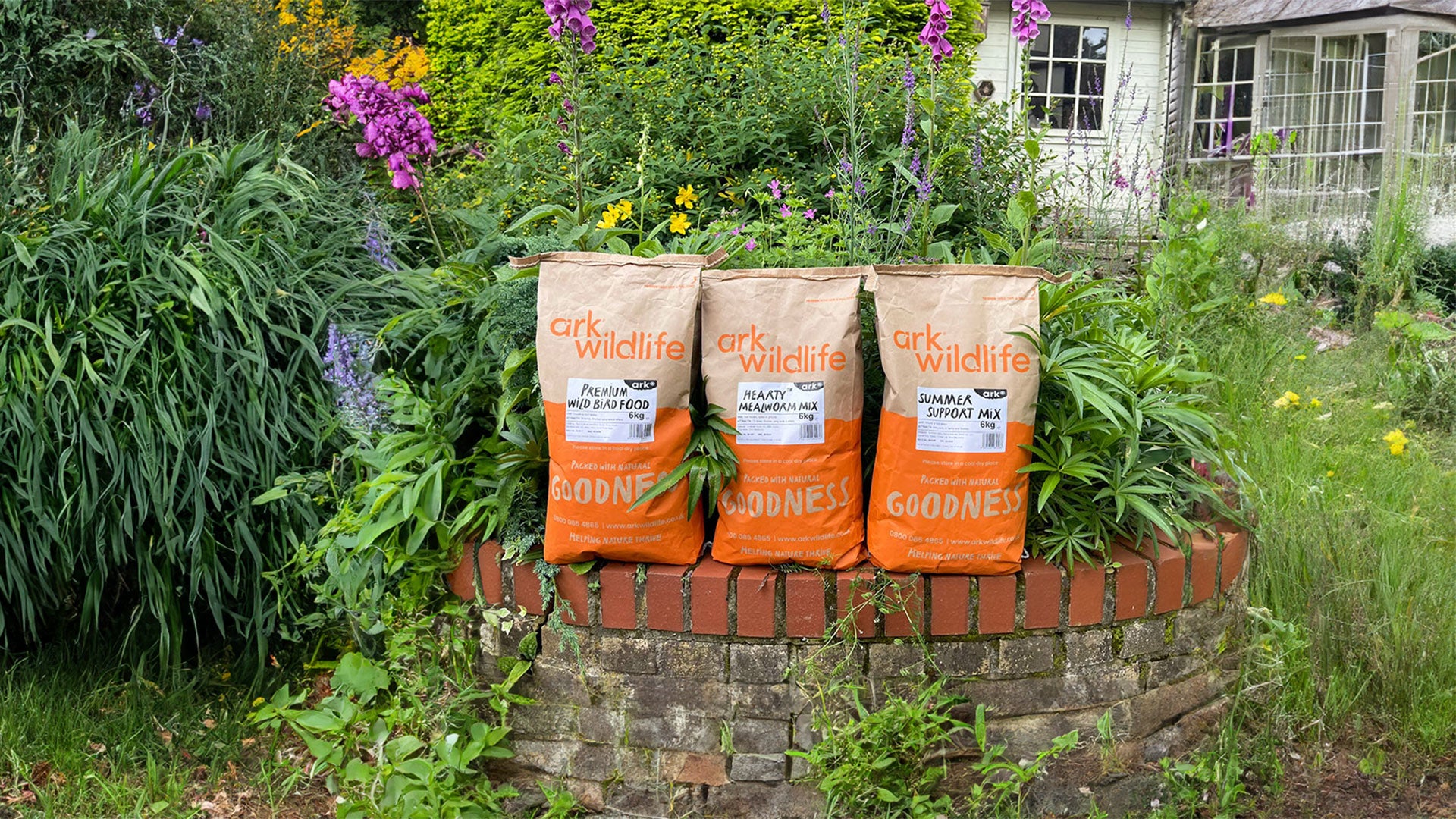Come springtime, I’ll watch these areas closely because I know I’ll be seeing a lot more than the aconites I planted. By disturbing the soil, I’ve activated the soil seed bank, and many new plants will grow as a result. I’ve no idea what will appear, but I’ll be fascinated to see.

On our farm, we have the usual field edges and tracks which are lovely to stretch our legs and stroll, during busy days. The verges are never disturbed, sprayed or maintained. They’re as wild as it gets. However, each year we see different plants dominating. Nettle, thistle, ragwort, poppy, cranesbill, burdock, borage and more. Each year brings a new champion plant, and along with it, new insects, birds and wildlife.
Across the planet, in our gardens, and on our farm tracks the soil is teaming with life. Flora, fauna and funga abound, and along with them there’s also the soil seed bank. Seeds don’t just fall to the ground and germinate. They often pause and wait for just the right conditions before they burst into life. This may be a few weeks or may be a 100-years. Just think on that; the soil under our feet has 1,000’s of years of seeds in it, just waiting for the right moment. Those tiny green shoots we see appearing on the surface could be centuries old. Bear this in mind before you hack at them with the hoe, or God forbid weed killer!

My garden borders, just as the farm track banks, are constantly being churned, without sight of a plough or spade. Worms, ants, mice, moles bring soil to the surface. While squirrels, foxes, badgers and others dig and stir-up the surface. Then when rain, wind and sunshine are added to the mix, magic results.
Meadows, wasteland and wildlife areas may look static, but are nothing of the sort. When we take a closer look, by getting down low and watching horizontally, rather than viewing the world from our more usual vertical position, the situation changes dramatically. We become aware of all the dynamic processes taking place. I love to lay in the garden or in a field and watch the remarkable activity taking place just beneath my nose.

I like the rewilding project at Knepp Estate in West Sussex where they’re willing to ‘let go’, simply watching and recording nature, not interfering. It’s been going on for over 20-years and still throws up surprises every year. In my own garden, I’ll be exerting a little more influence compared to Knepp, but a hands-off attitude and close observation certainly pays dividends supporting nature, as well as giving me great joy.
Nature is dynamic, busily increasing the diversity of wildlife in my garden day by day. All I need do is sit in the sun lounger and enjoy a BBQ, while the work goes on. I therefore have no intention of holding it back.

